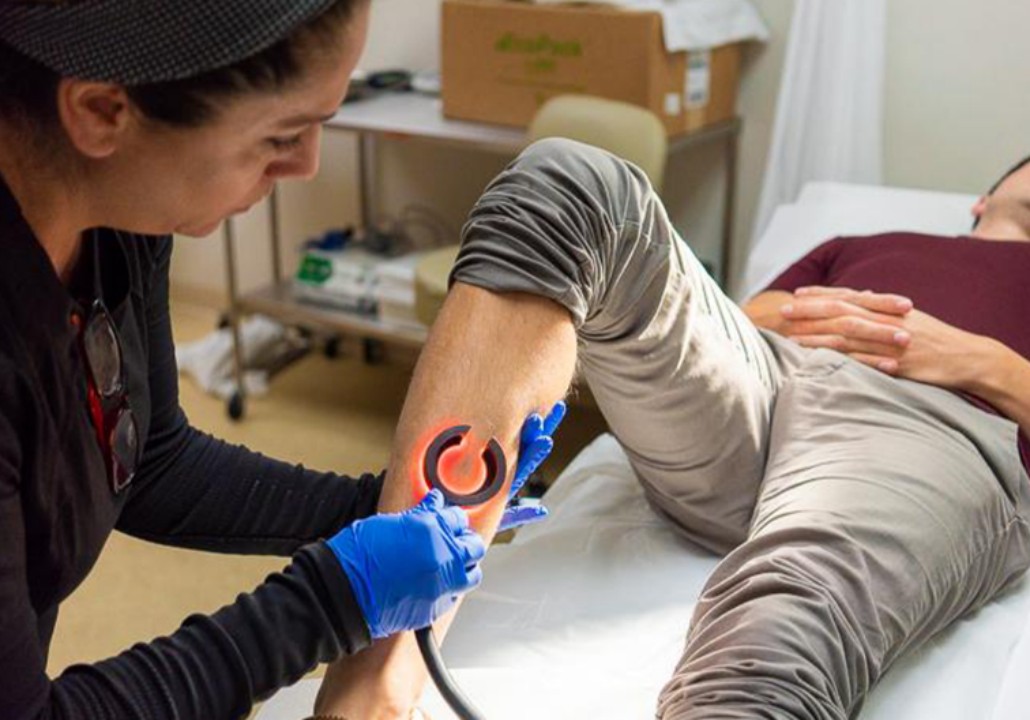
8 Benefits of Radiofrequency Ablation for Varicose Veins
Finding the right treatment for varicose veins can feel like navigating a maze of options, each with its own set of pros and cons. But what if there was a minimally invasive treatment option known for its high success rates, quick recovery times, and long-term results? Enter radiofrequency ablation a cutting-edge procedure revolutionizing varicose vein treatment. This comprehensive guide will explore the top benefits of radiofrequency ablation varicose veins treatment for those struggling with varicose veins. Whether you’re a potential patient, a curious health enthusiast, or a medical professional looking to expand your knowledge, this article is for you.
Understanding Radiofrequency Ablation (RFA)
Before we dig into the benefits of RFA for varicose veins, it’s crucial to understand what this treatment is all about. Radiofrequency ablation is a minimally invasive medical procedure that uses heat, produced by radiofrequency energy, to seal shut the problem veins. This forces the blood to reroute through healthier veins, improving circulation and relieving symptoms.
The RFA Procedure
During a radiofrequency ablation varicose veins treatment, a thin catheter is inserted into the vein. Using ultrasound imaging, the surgeon guides the catheter to the affected area. Once in place, the catheter delivers radiofrequency energy, which heats the vein wall. As the thermal energy is applied, the vein wall shrinks and the vein is sealed closed. Over time, the body naturally absorbs the vein, returning the blood flow to its normal, healthy route.
Benefits of RF Ablation for Varicose Veins
1. Minimally Invasive, Maximum Results
Unlike traditional vein-stripping surgeries, which typically require general anesthesia and involve significant incisions and scarring, RFA is minimally invasive. It’s performed under local anesthesia on an outpatient basis, making it a viable option for patients who may not be good candidates for more invasive procedures. The catheter used in RFA is only a few millimetres in diameter, leading to minimal discomfort and virtually no scarring.
2. An Unmatched Success Rate
One of the most convincing arguments for RFA is its high success rate. Clinical studies have shown that RFA effectively closes the treated vein in over 95% of cases, with long-term improvements in the symptoms of varicose veins. Patients can expect significant relief from pain, swelling, and other discomforts associated with their varicose veins.
3. Swift Recovery, Minimal Downtime
Compared to traditional vein surgeries, the recovery after RFA is significantly quicker. Most patients are back to their regular activities within a day or two. Post-procedural pain is also minimal and can usually be managed with over-the-counter medication. RFA allows patients to get back on their feet faster, with less disruption to their daily routines.
4. Pain Reduction – A Welcome Departure
Those who have undergone radiofrequency ablation in varicose veins often report reduced pain and discomfort almost immediately. The targeted nature of the procedure means less tissue trauma and nerve irritation, which translates to a more comfortable experience throughout the recovery period. Patients frequently describe the pain associated with varicose veins as a “heaviness” that lifts after treatment.
5. Beauty and the Vein – Improved Aesthetics
Varicose veins can be unsightly and may cause self-consciousness, especially in the summertime when clothes are more revealing. RFA not only eases physical discomfort but also addresses the cosmetic issues associated with varicose veins. Many patients experience a visible improvement in the appearance of their legs, which can boost confidence and self-esteem.
6. Long-Term Relief, Sustainable Results
The benefits of RFA are not just immediate; they are also long-lasting. With varicose veins largely treated and blood flow redirected to healthy veins, patients can expect lasting relief. RFA targets the root cause of varicose veins, leading to sustainable improvements in circulation and venous health.
7. Outpatient Simplicity – In and Out
RFA is typically carried out in an outpatient setting, meaning patients can undergo the procedure and return home the same day. This feature of RFA is particularly beneficial for those with busy schedules, as it minimizes the time away from work or other commitments.
8. Insurance Compatibility – A Financial Comfort
For many patients, the cost of treatment is a significant consideration. Fortunately, radiofrequency ablation of varicose veins is often covered by most health insurance plans. This makes the advanced treatment accessible to a wider range of patients, ensuring that financial concerns do not stand in the way of receiving much-needed relief.
The Road to Recovery – What to Expect After RFA
When considering RFA for varicose veins, it’s crucial to understand the post-treatment period. Patients are usually advised to wear compression stockings for a short period following RFA to help manage symptoms and improve circulation. Your physician will provide specific recovery instructions, but generally, patients should plan to take it easy for a day or two and gradually resume normal activities.
The Cost of RFA – Is it Worth It?
While cost is always a factor, especially when it comes to healthcare, the value of RFA is clear. With its combination of long-term effectiveness, minimal invasiveness, and quick recovery, RFA offers a comprehensive treatment package for varicose vein sufferers. Most importantly, it provides a path to living life without the discomfort and aesthetic concerns that varicose veins can bring.
Conclusion
It’s essential to keep the dialogue open between patients and healthcare providers about the best approach to tackling varicose veins. Education and awareness can lead to earlier intervention and, ultimately, better outcomes for those living with this condition. As you look to the future, the discussion around radiofrequency ablation of varicose veins will undoubtedly play a central role in shaping the standard of care.
Whether you’re a potential patient or a healthcare professional, stay informed, ask questions, and explore the range of treatment options available. Radiofrequency ablation is just one piece of the proverbial healthcare puzzle, but it’s a piece that fits together exquisitely for many. The more we understand and advocate for the best in medical care, the closer we come to a world where varicose veins are no longer a source of suffering, but a condition effectively and efficiently managed.


















